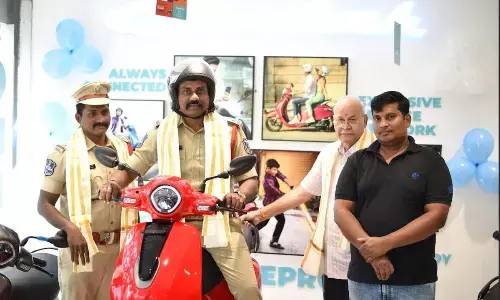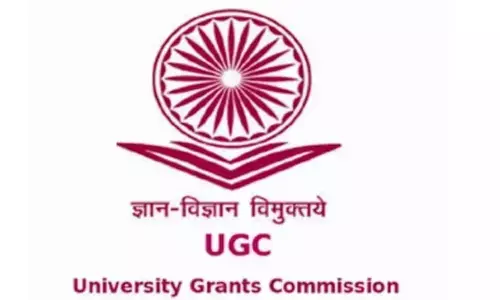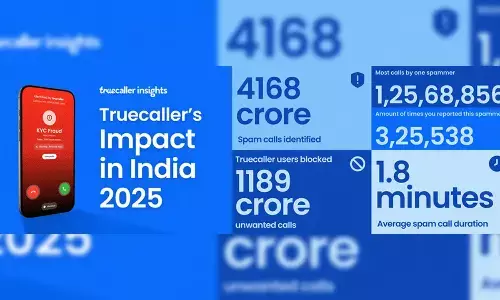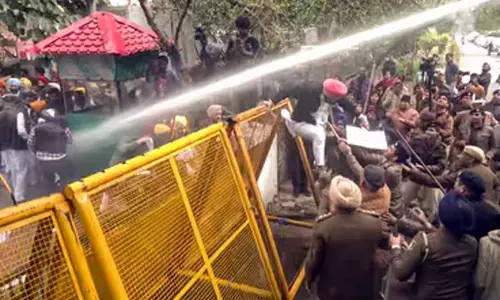Is the rule being followed?
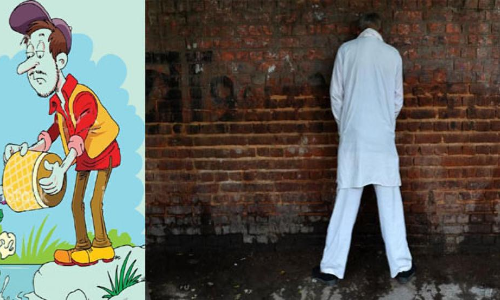
Most people probably consider themselves law-abiding citizens. They do not commit murder, steal, or cheat but people end up breaking law, sometimes flagrantly and in other times without any knowledge.
Most people probably consider themselves law-abiding citizens. They do not commit murder, steal, or cheat but people end up breaking law, sometimes flagrantly and in other times without any knowledge.
The most common everyday offences-
- Speeding
- Texting or talking while driving
- Littering
- Keeping an amount more than Rs 10 found on the road without reporting it (According to Indian Treasure-trove Act, 1878)
- Downloading music illegally
- Riding bicycles or bikes on the pavement
- Infographics
-What you can do-
- Make civic sense a part of your curriculum in academics or home tutoring.
- Spread awareness by becoming an example of a responsible citizen. If you will litter, others will follow. Instead you do the needful and become the change.
- Show respect for the fellow sitting next to you in the bus, driving ahead of you, standing in a queue etc.
- If there is laxity shown by the municipal corporation, then highlight the issue than grow indifferent to it or wait for others to file a complaint.
GHMC Commissioner Dr B Janardhan Reddy said, “If we specifically talk about public urination, men do it intentionally by being ignorant of the offense. In the same manner spitting in public places and throwing garbage and wastes outside the residence. If we notice during a construction or renovation, the debris and sand is spread over the area, causing inconvenience to the people residing in the locality.”
An English faculty from a private college Prasanna Jeet said, “Social life is not only about excelling in studies, career, and personal life; we are living in the society and so considerable importance should be given to the issue of civic sense. The point is to co-exist peacefully without stepping on other people’s need for fresh air, water, clean roads and parks etc. We as a people are generally afflicted with this temperament that our one episode of littering will not make any difference”
IT professional, Amit Dubey said. “Most of us are unaware of committing an offence until they’re stopped by the authorities. I usually take the route from Hakimpet to Bolaram to reach my work destination which has a speed limit of 50. Until I was fined for over speeding my vehicle, I was unaware and was maintaining a speed according to my comfort basing it on the empty roads”
Speaking further about such issues, DCP Traffic, AV Ranganath explained, “Firstly, the public has lack of awareness regarding such things. Over speeding is contagious and many of them do not have the knowledge of the speed limits in highways or regular roads. They just follow the majority and drive accordingly. Secondly, the probability of getting away from such offenses is also a factor.
Out of several men littering garbage or eating while driving, very few are caught or fined. If an area is kept tidy and is well maintained, nobody would dare to throw or dump waste. However, if an area has a place with a pile of garbage, people will assume that it is meant to be garbage and dump it.”
“The families staying adjacent to gutters or drains automatically throw the waste in it assuming that the stream will take it away. On the contrary, it stagnates the stream, causing inconvenience and attracting mosquitoes, which would in turn target the nearby families, leading to diseases and infection.
Apart from the authorities, the citizens should also do their duties the common rules should be widely publicised and engraved on their minds because most outcome of this sort of negligence is self-inflicting” he said. In the month of October, The GHMC officials they would be organising ‘Swachh Utsaha Maasam’, a drive pertaining to the Swachh Bharat Abhiyan.




